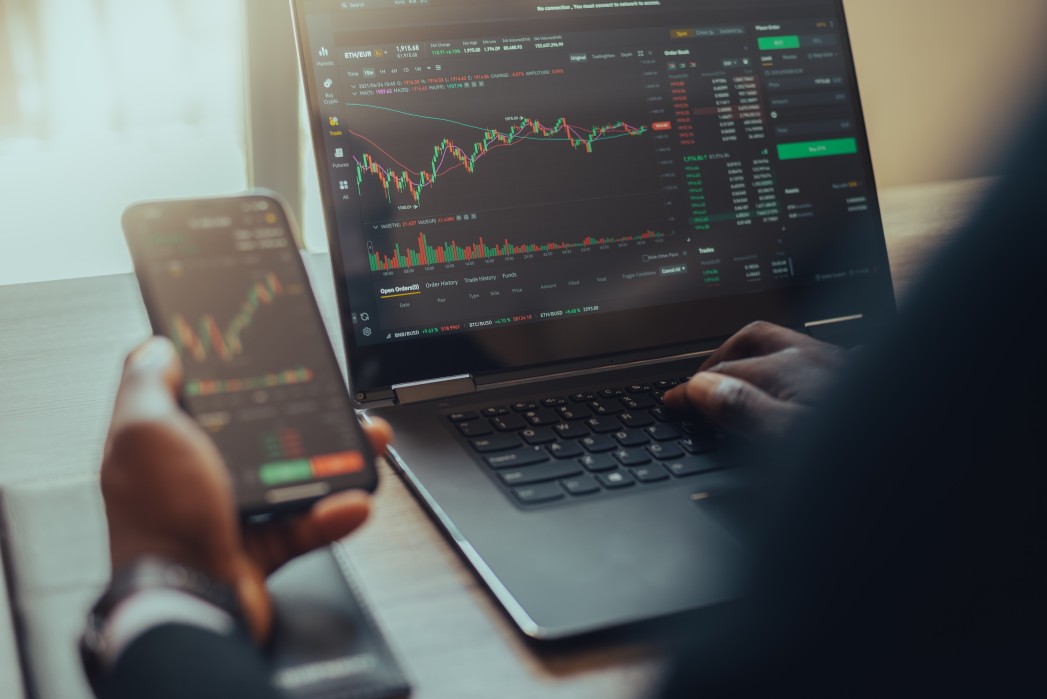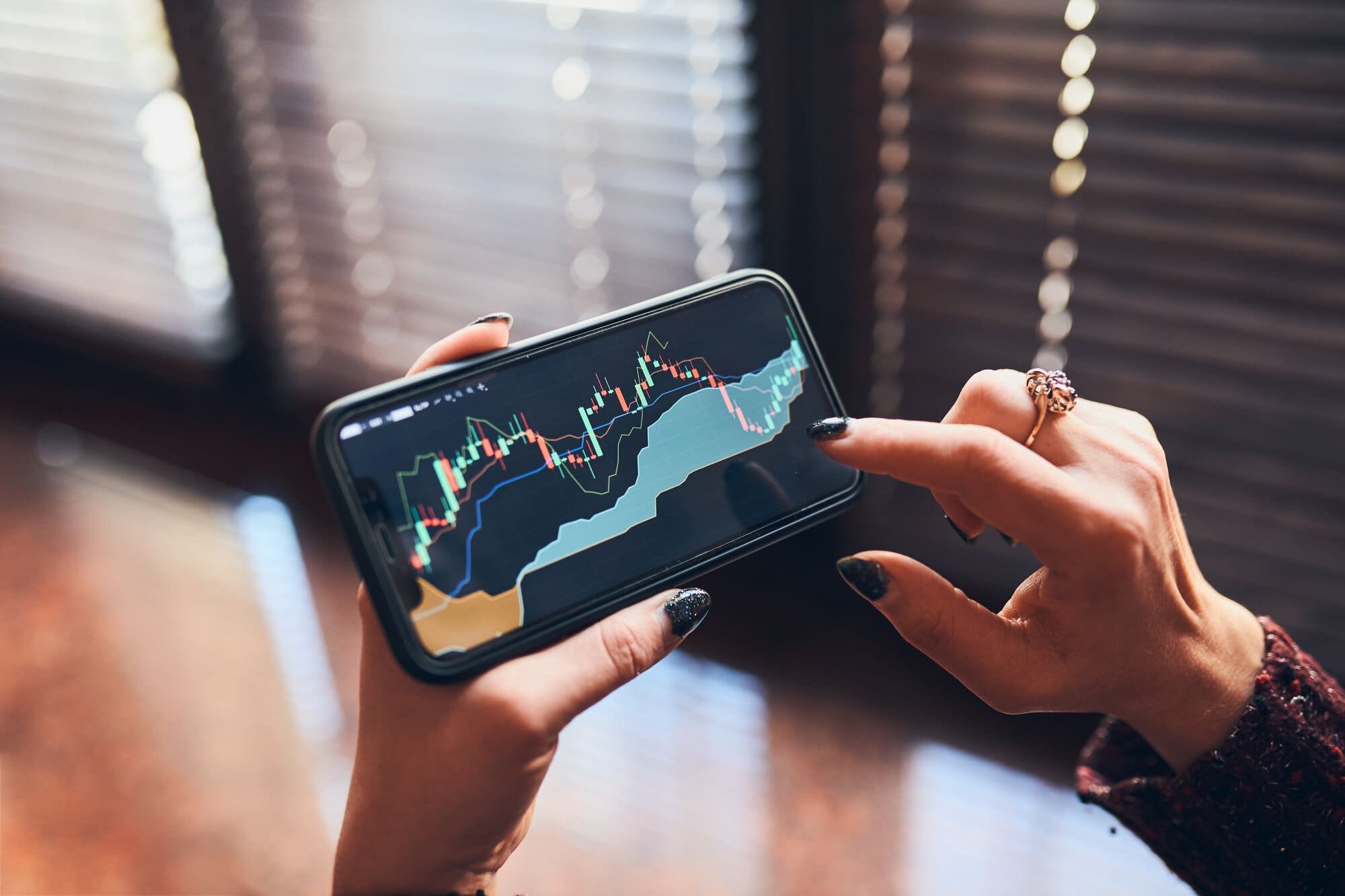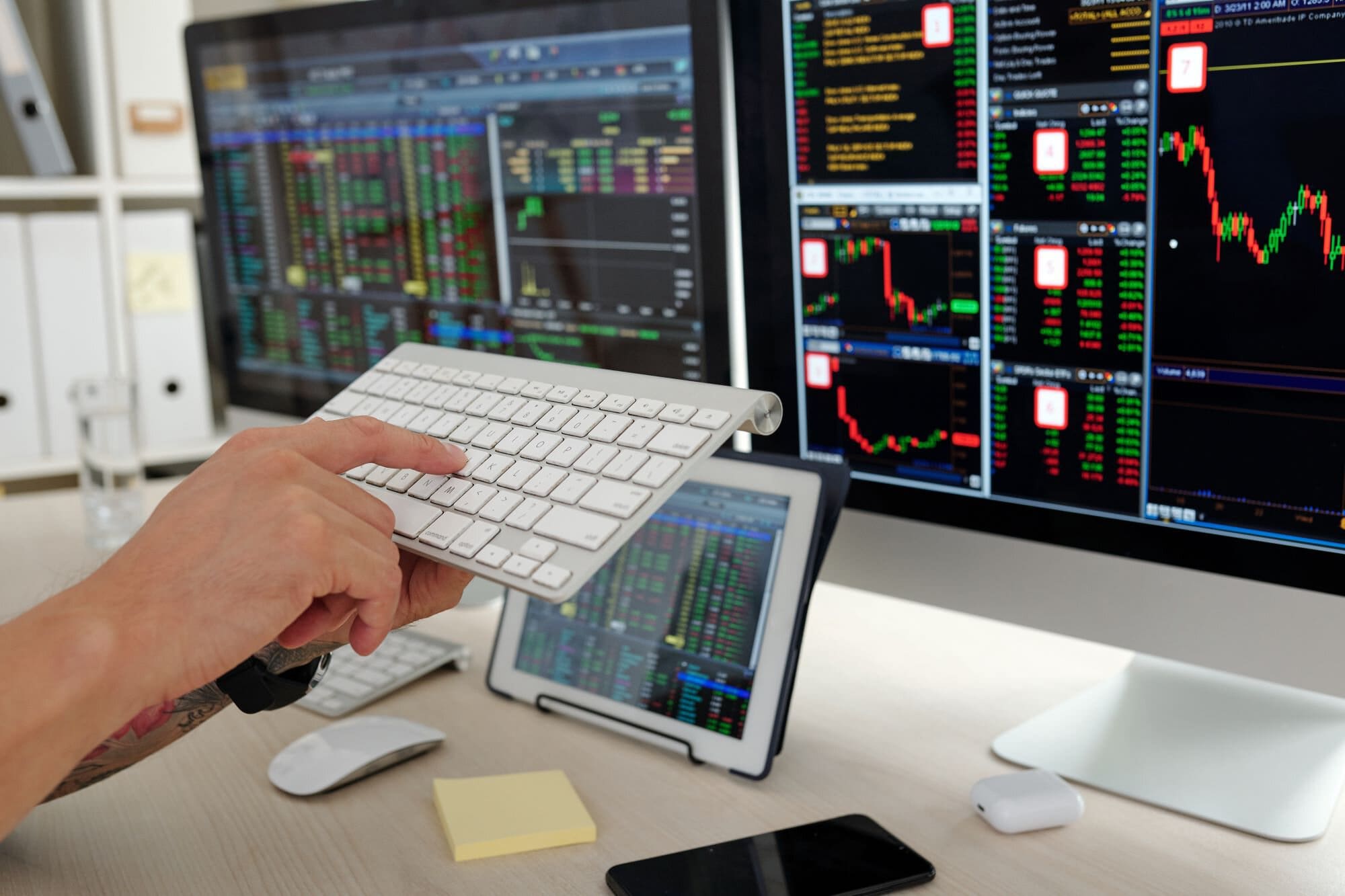
Forex vs Stock Trading: Which of the 2 is Best for You?
Every now and then, I get questions about forex vs stock trading. It’s not a shock, really. Every day, thousands of people think about trading in the financial markets. If you are here, you are likely facing this conundrum.
So, which is better? Should you be a stock trader or a forex trader?
The thing is that it’s not hard to find people who trade in both stocks and forex. Some skills are transferable. But there are lots of differences, too. As a beginner, you should understand the differences and how each factors in your plan for building wealth before making a choice.
New to investing? Here are the 17 Easy & Basic Investment Terms You Should Know
Forex vs Stock Trading
What is Forex Trading
Forex (Foreign Exchange) refers to a market where currencies are sold and bought. It is also the largest market in the world.
Here, you can trade currencies against each other as exchange pairs. Traders try to benefit from the changing rates between currencies. If one believes a certain currency will appreciate relative to another one, they will buy that currency and sell it when the price increases. The difference between the buying and selling price is where one profits from.
For instance, you can trade between the EUR and the USD, which is represented as EUR/USD. You buy EUR/USD $1,000 worth of currency at 1.12, and later in the day, the price increases to $1.15. Your profit will be $30 ( $1.15*1,000 – $1,12*1,000). If the prices drop to $1.10, you will lose $20 ($1,100 – 1,120).
What is Stock Trading?
Stock trading, on the other hand, is the buying and selling of company shares in a regulated market. Company shares are units of ownership. When you buy shares of a particular company, it simply means you are part of the owners and can participate in certain activities, like voting for directors and participating in profits by receiving dividends.
Don’t miss out this article! Your Beginners Guide to Investing in the Kenyan Stock Market

Forex vs Stock Trading: Factors to Consider
As mentioned earlier, there are a few key differences between forex trading and stock trading. Understanding this is an excellent way to choose what side you want to lean on.
Here are the key factors to consider;
Trading Time
The hours of the stock exchange are fixed, and this limits stock traders. For example, the New York Stock Exchange (NYSE) runs from 9:30 AM to 4:00 PM ET every working day. Therefore, no trades get executed outside those hours, on weekends and public holidays.
Keep in mind that this is local trading time (ET). So, if you are in Kenya, you’d have to adjust your timing so you are in sync.
As a result of electronic trading, some stock markets now allow for pre-market and post-market trades. However, they are of little use since non-market hours have relatively low liquidity.
Forex markets, on the other hand, allow you to trade at any time. Because it has no single location, the market opens 24 hours a day on weekdays. Here, there are no limits, and you can trade whenever you want. You do not have to wait for the opening bell of a stock exchange.
Liquidity
Liquidity refers to the ease with which you can sell an asset on the market. The higher the liquidity, the faster you can buy or sell the asset. Therefore, markets with higher trading volumes mean that they are highly liquid, and you will not be stuck with the asset trying to look for a buyer or seller.
Forex is the most popular and most prominent market, making it highly liquid. Still, the currency pairs you choose and the timing of your trading could affect the liquidity of your forex trades.
On the other hand, the stock market has fewer trades in general. However, you can still buy or sell your shares quickly. The liquidity of the shares you choose will largely depend on the popularity of the shares, where stocks from blue-chip companies are more liquid than the rest.

News
Stock traders focus on news about individual companies. The phrase, ‘Buy the rumor, sell the news,’ shows how important information about companies can be to stock traders. Positive news or rumors about companies improve share prices, and when there is bad news, they drop.
In addition, the general performance of the industry or the economy can also affect stock prices. Remember how, during the Covid-19 pandemic, financial markets had poor performance? Some stock prices had a great performance in the following months and years, while others experienced a downturn.
Anyway, back to trading.
Traders can profit from price movement by buying low and selling high or by shorting the stocks in the case of undesirable news. For example, assume Company A has had a bad quarter, and this news has caused a drop in share prices. You, a trader who plans to profit from this news, can do so in two ways. One way is to short the stock. Another way is to wait till the price crashes so that you can buy and resell when prices go up.
Forex traders monitor news about entire economies. As a forex trader, you have to pay attention to inflation, unemployment, and GDP. Macroeconomic news influences the performance of currencies.
Since you are buying one currency and selling the other, you have to monitor the economic news of the two countries.
Leveraged trading and margin trading
If you have a higher risk appetite and a small capital, you can make more money trading forex. Forex allows you to trade using borrowed money and your own money as collateral. Leveraged forex trading commonly enables a ratio of 50: 1 to individual traders.
Leveraged trades can serve as a hedge against risk. For example, if you have a position opened in a spot market, you can hedge against that position through leverage.
Margin trading also allows you to diversify even when you have just a little capital. You can open many positions with just a little money.
Few stock brokers offer leveraged trading, and when they do, they typically give low ratios.
Leveraged trading can make you a lot of money when done responsibly. However, it can also give unfavorable results when used recklessly. Therefore, you should ensure you understand the risks involved before you begin to trade with leverage.
Forex vs Stock Trading: What’s Best For You
So, which of these trading options is best for you? It all boils down to your personal preferences. Before you choose between stocks and forex trading, consider your risk appetite and the factors mentioned above.
If you are a high-risk taker, have the time to follow economic news from different countries, and make trades regularly, forex trading might be the option for you. However, if you want to buy and hold your investment asset for the long haul and have a lower risk appetite, stock trading is the best option.
Still, stocks have a higher risk than bonds. And, history has shown that investors that buy and hold their stocks for longer-term, say 5+ years, instead of trading regularly benefit more in building wealth.






